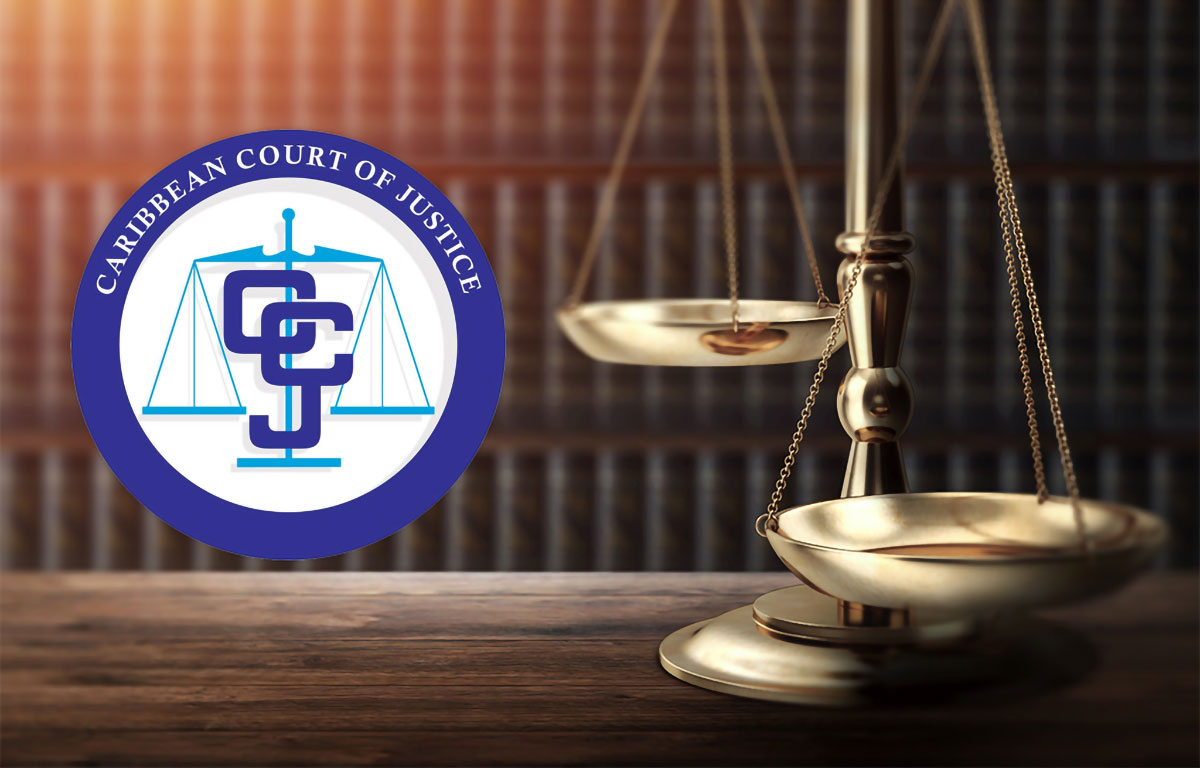GUYANA | Judge to decide on December 8 Whether High Court can hear Suspended MPs Case

GEORGETOWN, Guyana, November 11, 2022 - The eight Opposition Members of Parliament who remain suspended over last December’s disruption to the Sitting of the National Assembly will on the 8th of December to find out the High Court’s ruling on whether it has jurisdiction to hear the case challenging the decision of the Privileges Committee of Parliament to suspend the MPs.
In oral arguments today, before Justice Damone Younge, Attorney for the suspended MPs Senior Counsel Royasdale Forde asked the Court to nullify the decision of the Committee of Privileges.
However, Attorney General Anil Nandlall challenged the Court’s jurisdiction to even hear the matter, noting that Parliament has exclusive jurisdiction over the disciplining of its Members, and as such, the Court cannot intervene.
The Attorney General argued that due to its special privileges, the Parliament is not governed by general law, and therefore, the Court has no jurisdiction to hear the case.
He pointed to Article 165 of the Constitution, which states that “subject to the provisions of this Constitution, the National Assembly may regulate its own procedure and may make rules for that purpose.”
Hence, in keeping with the Parliament’s Standing Order the eight MPs – Tabitha Sarabo-Halley, Vinceroy Jordan, Annette Ferguson, Maureen Philadelphia, Ganesh Mahipaul, Sherod Duncan, Christopher Jones and Natasha Singh-Lewis – were suspended by the Committee of Privileges.

The Applicants went further to challenge their suspension on the grounds that it is also in breach of Article 144 (8) of the Constitution.
He submitted that the High Court by Article 153 (2) of the Constitution is conferred with jurisdiction, that is original jurisdiction, to hear proceedings filed pursuant to Article 153 (1) of the Constitution.
In relation to the Speaker of the National Assembly being joined to the said Petition, Forde, in quoting a number of case laws to support his argument, maintained that “the National Assembly is not a juristic person. Its actions are taken and communicated through the Speaker, not through the entire House. It follows, therefore, that there is nothing remiss in civil processes under the law which question acts of the National Assembly being instituted against the Speaker, or in orders emerging therefrom being served upon the Speaker.”
Forde, who is also the Opposition’s Shadow Minister of Justice and Attorney General, pointed out that Article 172 (2) of the Constitution has no application in the instant case. Article 172 (2) clearly prohibits the institution of “civil or criminal proceedings” against a member of the National Assembly in respect of words spoken or written by the Member.” Thus, Article 172 (2) has absolutely no relevance.
 However, in emphasizing the supremacy of the court in constitutional cases, he quoted the CCJ in Skerritt et al v. Defoe et al 2021 C.C.J., 4 AJ the Caribbean Court of Justice stated that the Courts are the sentinels of the Constitution.
However, in emphasizing the supremacy of the court in constitutional cases, he quoted the CCJ in Skerritt et al v. Defoe et al 2021 C.C.J., 4 AJ the Caribbean Court of Justice stated that the Courts are the sentinels of the Constitution.
At Paragraph 63 it stated:“Commonwealth Caribbean constitutional jurisprudence has universally proclaimed the majesty of our independent constitutions. This hallowed principle is enshrined in section 117 of the Constitution of Dominica which declares the Constitution to be the “supreme law of Dominica”.
If Redhead JA’s observation in the Dominican Court of Appeal case of Sabaroche v The Speaker of the House of Assembly that the court is “the sentinel” of the Dominican Constitution, then this Court must regard itself as the Chief Sentinel.
In my view, in that role, it is incumbent on this Court to insist on the vindication of all the rules and principles embraced by that Constitution.”
“In our opinion, a Supreme Court which denies access to bona fide and legitimate public interest actions for constitutional review, even in non-Bill of Rights challenges, because it is not expressly provided for, fails in its duty and denies its role as guardian of the Constitution.
“In abdicating this responsibility to uphold the Constitution where unconstitutional action has occurred, the Supreme Court betrays the trust of the people and participates in undermining the rule of law – all of which are the antitheses of the role and function of a constitutional court in a democratic society,” Forde quoted Lord Bingham in Bobb v Manning as he outlined the role of the court in relation to the exercise of executive power.
The Senior Counsel argued that “It is submitted that the Jurisdiction of the High Court under Article 153 is activated whenever a proceeding is filed to the High Court raising the contravention of a fundamental right.”
“Equally, the High Court’s jurisdiction is activated whenever a proceeding is filed to the High Court raising the contravention of a human right enshrined in the International Treaties set out in the Fourth Schedule and requires the Court to determine whether the Legislature operated and upheld such rights.”
-30-
